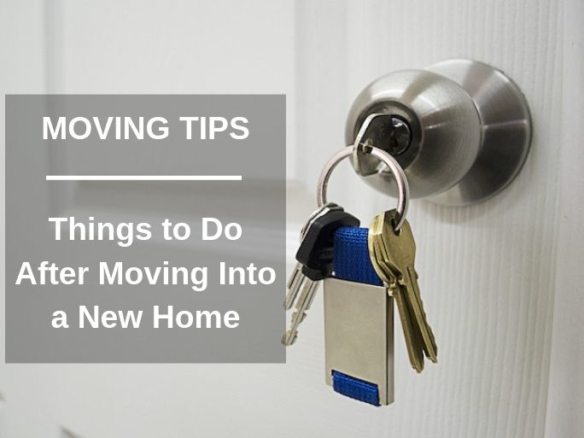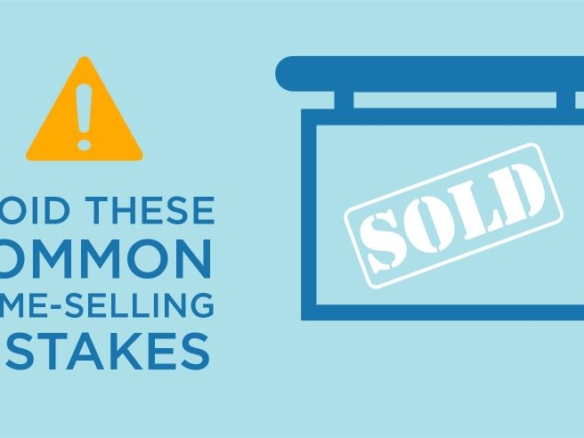If you’re looking to rent an apartment, condo or house, rental fraud can turn a search from an exciting time to a negative experience with a scammer who steals your money.
Fake Craigslist deals, Zillow listings for properties that don’t exist or phantom landlords who demand deposits before even showing the place are all too common in the digital age, according to Apartment List’s first-of-its-kind national survey.
Younger renters, ages 18 to 29, are 42 percent more likely to have lost money through rental fraud scams, real estate website ApartmentList.com reported. Inexperienced renters were not the only ones who came up short. The survey found an estimated 5.2 million renters have lost money in a scam.
“I think we were all a bit surprised that so many had lost money on rental scams,” said Sydney Bennet, a senior research associate at Apartment List. “We weren’t really surprised that so many people had seen listings that they suspected were fraudulent. The fact that so many renters, and in particular young renters, have lost money in these scams was a bit alarming.”
Apartment List conducted the research because it couldn’t find any numbers to determine how common rental fraud is and didn’t necessarily know what to expect, said Bennet, who researches economic trends in the housing market.
A little more than 10 percent of the Millennials age group have found themselves bilked while searching for an apartment. Rental scams are targeting younger buyers, unlike time-share or vacation rental schemes, which tend to target older buyers.
The vast majority of renters who see listings they believe are scams are able to detect them before spending any money, Bennet told The High Point Enterprise.
Around a quarter of respondents lost less than $100 because they may have paid for an application but realized it was a scam before paying rent or making a deposit. Another third of respondents lost more than $1,000 through making an upfront payment before moving into an apartment, such as a deposit and first month’s rent or first and last month’s rent.
“That adds up quickly and you’re looking at losing $1,000 or $2,000 in this scam before you realize it,” Bennet said. “We suggest that before you make any payments for a background check or a deposit that you take all the steps necessary to verify the property because once you’ve paid money, it’s a lot harder to get that back.”
The good news Apartment List found is that most rental fraud victims don’t fall for the schemes twice. Nearly 90 percent of renters who lost money from fraud changed how they search for rental properties to avoid being scammed again.
Most common rental scams
Knowing the most common types of rental fraud is the best way to avoid scams.
- Bait-and-switch: A different property is advertised that the available rental, and the scammer tried to collect a deposit or get a lease signed for this property.
- Phantom rentals: A scam artist makes up listings for places that don’t exist or aren’t rentals and tries to lure renters with low prices.
- Hijacked ads: A fake landlord posts advertisements for a real property with altered contact information. Homes for sale are often re-listed as rentals in this type of fraud.
- Missing amenities: A real rental is listed as having features and amenities it lacks in order to collect a higher rent, the rental market equivalent of catfishing in online dating. The leasing agent tries to get renters to sign the lease before they notice the missing amenities.
- Already leased: A real or fake landlord attempts to collect application fees or security deposits for a rental that is already leased.
Tips to avoid rental scams
Take the following steps before making any payments to avoid losing money from a rental scam:
- Visit the property in person: Visiting a property is the best way to detect fraud because you will be to make sure the apartment matches the listings details and pictures. If you don’t live nearby, ask a trusted friend or family member to visit the property for you.
- Verify the landlord: In some cases, scam artists will gain access to an apartment that isn’t theirs to rent, for example by breaking a window. You can generally verify ownership of the property by looking up city records or talk to the building’s manager if you are renting a condo or subleasing.
- Ask to speak to current tenants: Current tenants can help you confirm information provided by the landlord. Plus, they can provide additional information, for example, letting you know if there are any issues, such as a broken appliance.
- Rent from reliable property management companies: If you are particularly worried about fraud, or moving into an apartment sight-unseen, renting from a large, well-known property management company may be your best bet. Larger properties generally have trusted leasing agents and follow a set procedure so you can make sure you’re not being scammed.
- Do not pay with cash or a wire transfer: Scam artists generally ask for payments in cash or via wire transfer because this form of payment is impossible to track. When possible, use a credit card, or if that’s not possible a check. In one common rental scam, someone poses as a landlord living out of the country, often as a missionary. They ask for a wire transfer of the security deposit or rent and promise to send keys.
- Be careful with confidential information: Rental applications generally require providing confidential information, such as a social security number or bank account number. Verify the legitimacy of a property before providing this information to avoid identity theft.
- Confirm prices and features before signing a lease: Upon moving in, sometimes tenants find that advertised amenities are missing or supposedly included expenses (such as utilities, parking) are not actually part of the rent payment. Verify everything in the advertisement, or promised verbally, is spelled out in the lease before signing or paying a deposit. Once you’ve signed the lease, you are most likely bound to the apartment, as is.
Unfortunately, sometimes, even the most careful renter may become a victim of rental fraud. If you’ve experienced rental fraud, you can file a report with your local police department and/or contact your state consumer protection agency for assistance.





Join The Discussion